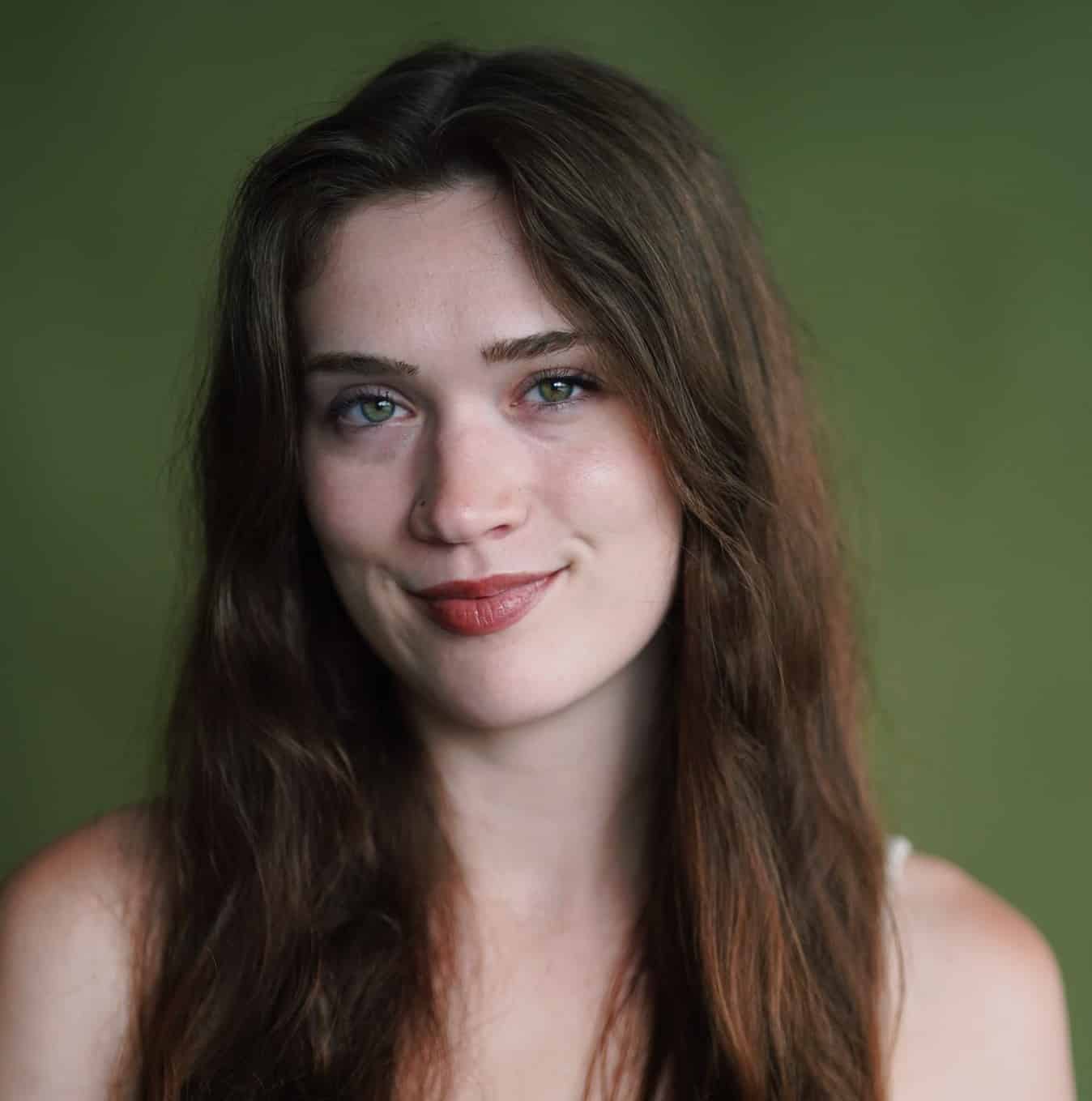Natasha is a psychotherapist at Wildflower. In her clinical work, Natasha draws on psychodynamic theory, relational therapy, narrative therapy, and trauma-focused cognitive behavioral therapy. She emphasizes emotional safety and collaboration as key components of the therapeutic endeavor. Natasha’s clinical areas of interest include working with queer, trans and gender nonconforming clients, sexuality, trauma, relationships, domestic violence, and perinatal and reproductive mental health. She obtained her dual master’s degree in clinical social work and women’s and gender studies from Loyola University Chicago. Read Natasha’s full bio here.
What inspired you to pursue a career as a psychotherapist?
My path to a career as a psychotherapist was rooted in my passion for social justice, and I initially thought I wanted to pursue birth work and get my certification as a full-spectrum doula. While getting my full doula certification is now a longer term goal to supplement my work as a therapist, my introduction to the world of birth work led me to the mental health field. As I learned more about differential mental health outcomes among perinatal populations, I felt called to the work of therapy for this client population and beyond.
As a psychotherapist, what part of your job is most satisfying?
One of the most satisfying parts of my job as a therapist is when a client reflects on their own growth since our first sessions. It is an honor to partner with clients so that they feel empowered in their own therapeutic trajectories.
How would you describe your therapeutic approach?
My therapeutic approach is psychodynamic, relational, and strengths-based. My educational background is in clinical social work, so I understand clients within their environmental contexts– including systems of privilege and oppression that inform our mental health. My clinical approach is also guided by feminist and decolonial values that understand clients more holistically, beyond a mere diagnosis.
Why do you believe that psychotherapy can help?
I believe that every person is inherently capable of transformation; even the most entrenched patterns or seemingly impossible circumstances can be met with compassion and care. Understanding ourselves more deeply can be liberatory in the ways that it impacts our relationship to the self, loved ones, and the world around us.
What are some of your specialties and what drew you to them?
Beyond my interest in reproductive and perinatal mental health, I am passionate about working with queer, trans, and gender nonconforming clients. One of the reasons that I am committed to working with these populations is best summarized by bell hooks when she conceptualizes queerness as “not being about who you’re having sex with – that can be a dimension of it – but [queerness] as being about the self that is at odds with everything around it and has to invent and create and find a place to speak and to thrive and to live.” My hope as a therapist is to accompany clients as we cultivate that space to invent, create, speak, thrive, and live.
What is one thing about psychotherapy you wish everyone knew?
Psychotherapy takes time, and it can feel frustrating if you’re not seeing the changes that you want as quickly as you had hoped. It is important to recognize those very real feelings as they arise, and it is just as important to understand that this is a common experience in psychotherapy. We can discuss these feelings together in session to explore what may be coming up for you and how we can adjust pacing, goals, etc.
What is your motto or personal mantra?
“I am not free while any woman is unfree, even when her shackles are very different from my own” – Audre Lorde
While I understand gender liberation as inclusive of trans and gender nonconforming people—not just women—this quote underscores for me the ways that we are fundamentally interconnected in our paths to a more just future.
What are your favorite self-care activities?
I love spending time with my dog, who you may see in session if you are open to it and we meet virtually! I find spending time outside, especially by the lakefront, restorative. I also love cooking and baking, both of which are creative outlets that allow me to do something more tangible.


